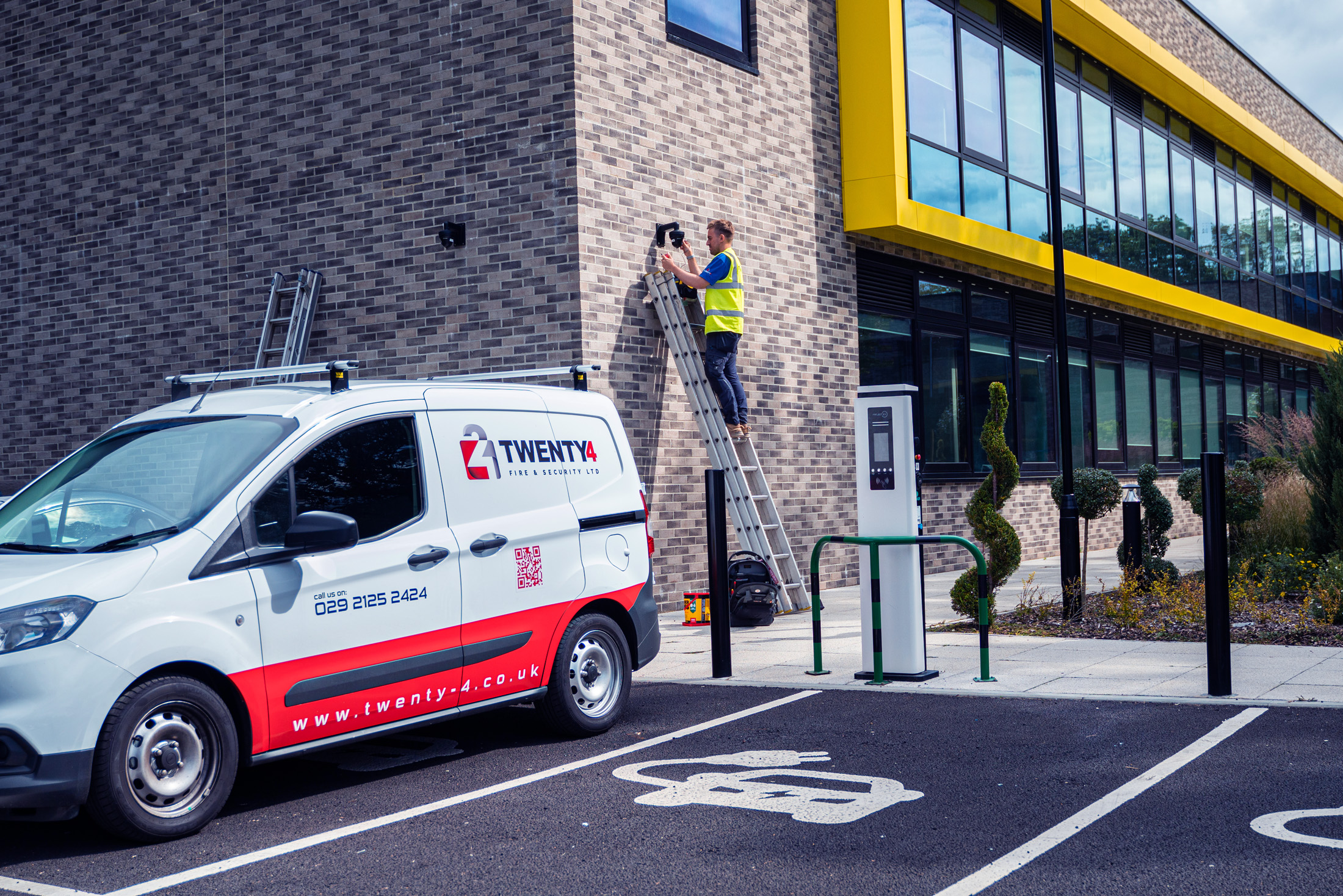Being a Landlord can be hugely lucrative, especially if you find a great property and a great tenant to occupy it. However, being a Landlord is about a lot more than just getting that attractive yield percentage.
Now, there are lots of rules and regulations modern Landlords have to understand and abide by, many of which fall under the ‘fire safety’ category.
Here at Twenty-4, we are proud to be working with a long list of HMO Landlords across the South Wales region, supplying a range of fire safety and security services to them and their rental properties. This is why we have such a strong grasp on the overriding laws HMO landlords need to be aware of.
So, if you are looking to purchase an HMO, have become an accidental landlord or have inherited an HMO, being aware of your fire safety requirements is a must! Below, we give a brief introduction to what a House in Multiple Occupation (HMO) requires by law.
HMO fire risk assessments
Under the Housing Act, 2004 and the Regulatory Reform (Fire Safety) Order 2005, HMOs are required to undertake regular fire risk assessments. These assessments identify and reduce the risks posed to tenants living in your HMO.
The assessment needs to evaluate the fire risks and come up with ways to reduce them. For instance, does the property have a very old gas cooker? If so, would it reduce the probability of a fire starting if it was replaced?
Your risk assessment will also need to identify who is at risk. For instance, are there children or someone with a physical disability living at the property who will be more at risk than others?
PAT testing for HMOs
Where your average Landlord is not obliged to conduct PAT tests by law, for HMO Landlords, they are.
PAT testing refers to the process of checking electrical appliances to ensure they are safe for use. This includes ‘portable’ items such as washing machines and electric cookers. The test includes both visual checks as well as polarity and earth loop tests.
Fire extinguishers for HMOs
In HMOs and buildings containing flats, simple multi-purpose extinguishers are needed. These are needed in the common areas of each floor. But, it is important that as a Landlord you don’t just install extinguishers and forget about them. By law, fire extinguishers should be maintained annually to BS 5306-3 standards.
Fire doors for HMOs
Fire doors are essential for HMOs. The rule is that all escape routes should be protected and the best way to achieve this is through the installation of fire doors. Generally, Landlords need to install Fire Doors to rooms leading off the fire escape route. Providing 30 minutes of fire protection from the rooms leading off it, fire doors can go a long way in protecting both your tenant as well as your property.
Fire alarms for HMOs
Fire alarms are a requirement for every property in England and Wales. For HMOs, the fire alarm will need to be able to wake those sleeping and alert them that there is a fire outbreak. Regulations state that the detection system used in HMOs need to be under BS5839 part 6. Grade A and Grade D systems are advised.
Are you an HMO Landlord in need of fire safety support? If so, contact us today!





